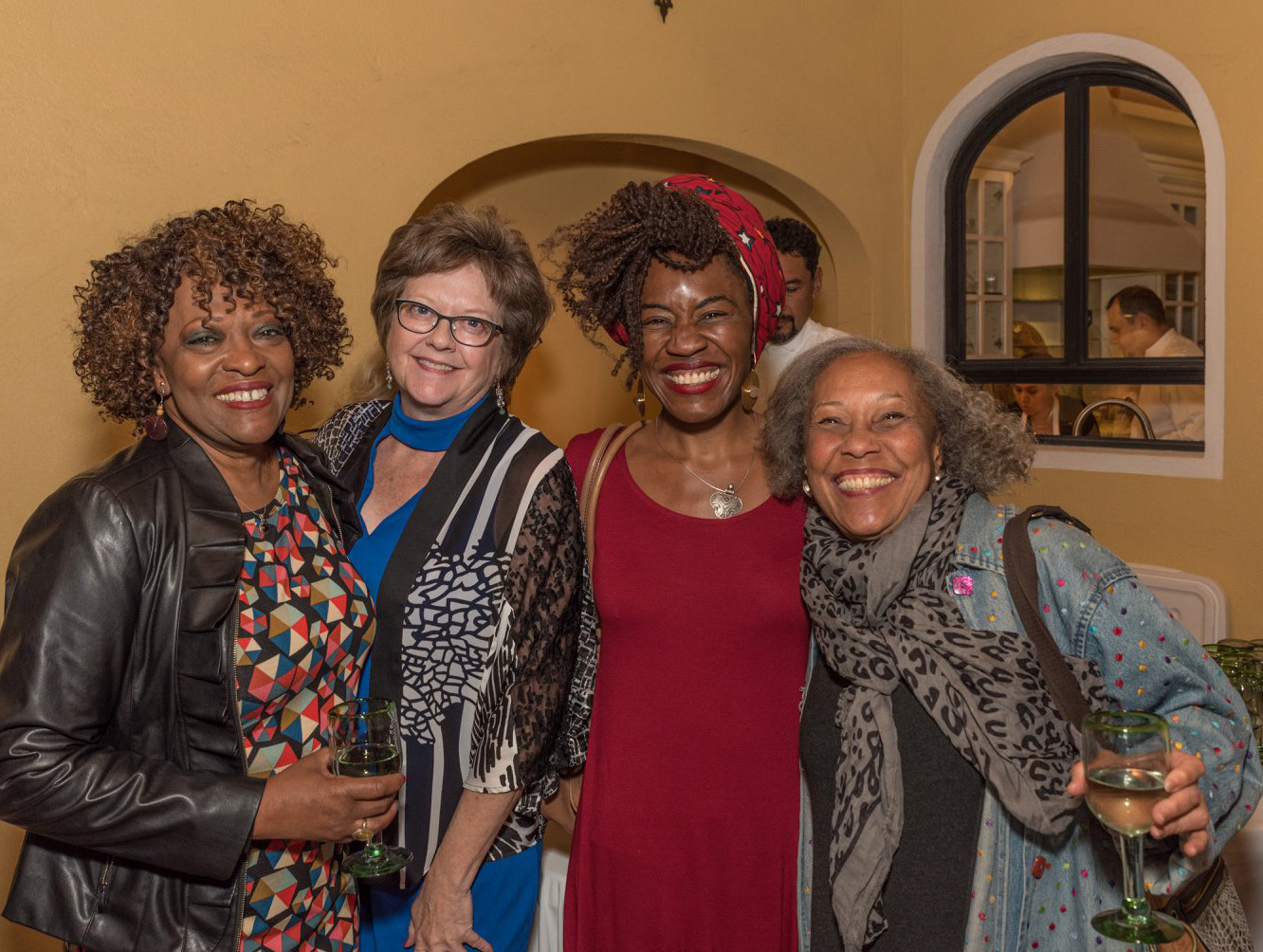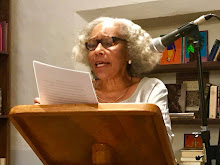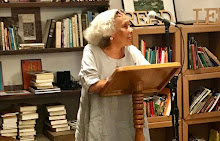As I watched the uprising in
Baltimore unfold following the death of Freddie Gray, remembered other young
Black men who’ve lost their lives due to police brutality, I thought about
Charles Gordone’s Pulitzer Prize winning play No Place to be Somebody. I can’t recall the details of the storyline
but the title encapsulates the theme, that American is no place to be somebody
for Black men. Gordone was commenting on America in the late sixties. Sadly
this is truer now for the average dry-long-so African-American male than it was
then, worse than it was in the 50s when I grew up in the segregated South.
In the 50s, before drugs had
ravished our communities, The Atlanta Public Schools had hand-me down-books but
good teachers, teachers who knew that being Black didn’t mean we were dumb; teachers
who helped us discover our strengths. There was a vocational high school, after-school
and recreational programs, and summer jobs—things that are only minimally
available if they exist at all today in America’s urban cities.
Don’t get me wrong; I
acknowledge that lots of things have changed since desegregation. But our
successes—people like Oprah Winfrey, Beyoncé
and Jay-Z, Robert Johnson, Shonda Rhimes,
and our crowning achievement, Barack Obama, the first Black president—isn’t the
complete picture. These are people who Dr. W.E.B. DuBois would have called the talented tenth.
Since Monday, I have been enraged by the
bias in the news coverage. These are journalists who know the nuances of
language but choose incendiary words like riot, instead of uprising, who
identify these disillusioned Black men as thugs. CNN has not reported what Mother
Jones revealed regarding how this unrest began—teachers and parents
maintain that police actions inflamed a tense-but-stable situation. Why do we know how
many policemen have been injured but know nothing of the injuries of citizens
during this uprising? I find the media's emphasis on loss of property
over the loss Freddie Gray’s life sickening.
When Baltimore was
relatively quiet Tuesday night, their police commissioner downplayed the
importance of community intervention in maintaining the peace. He vowed that policemen
and national guardsmen would remain in Baltimore until the streets are safe. My
question is when will these streets be safe for young Black men?



